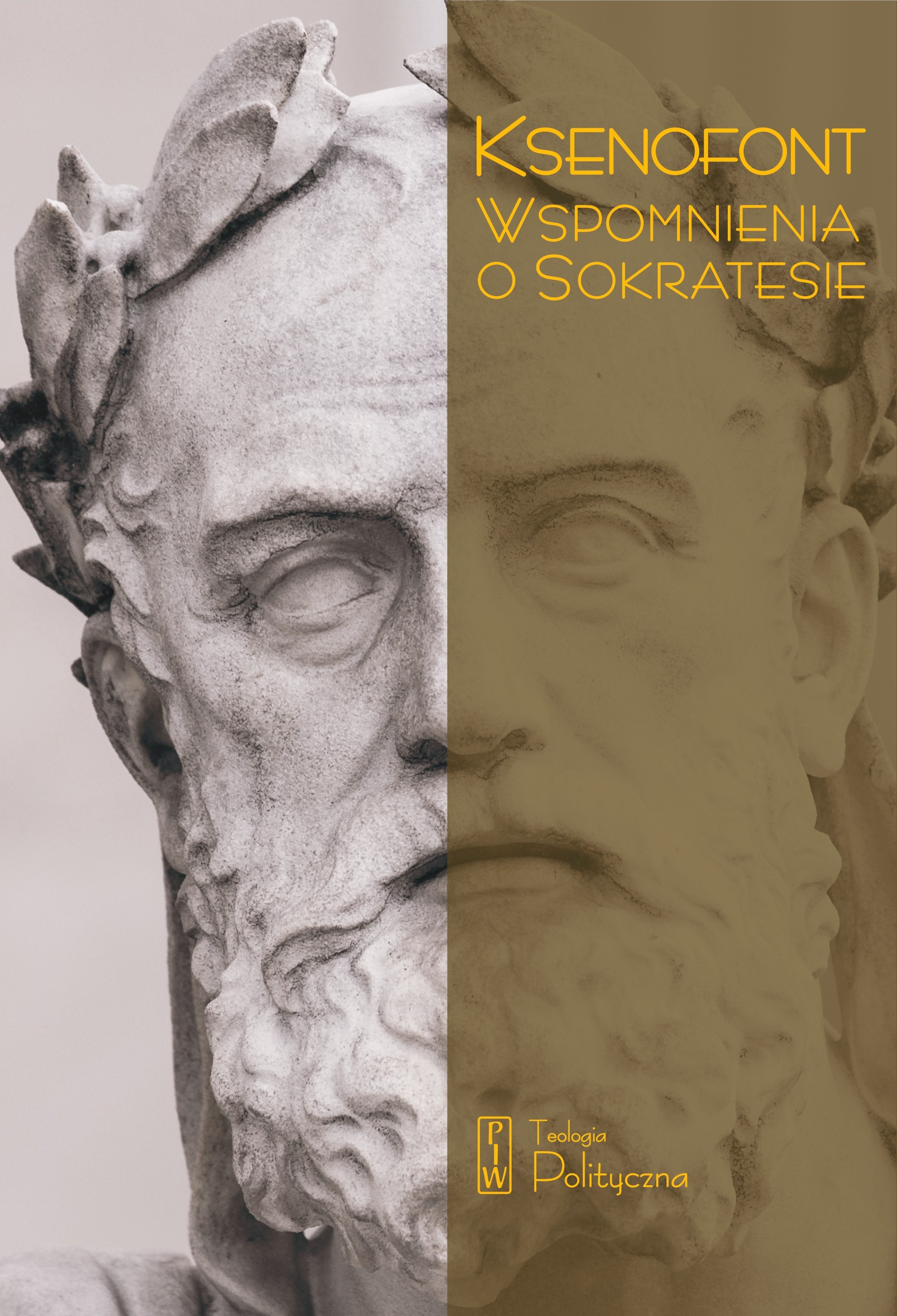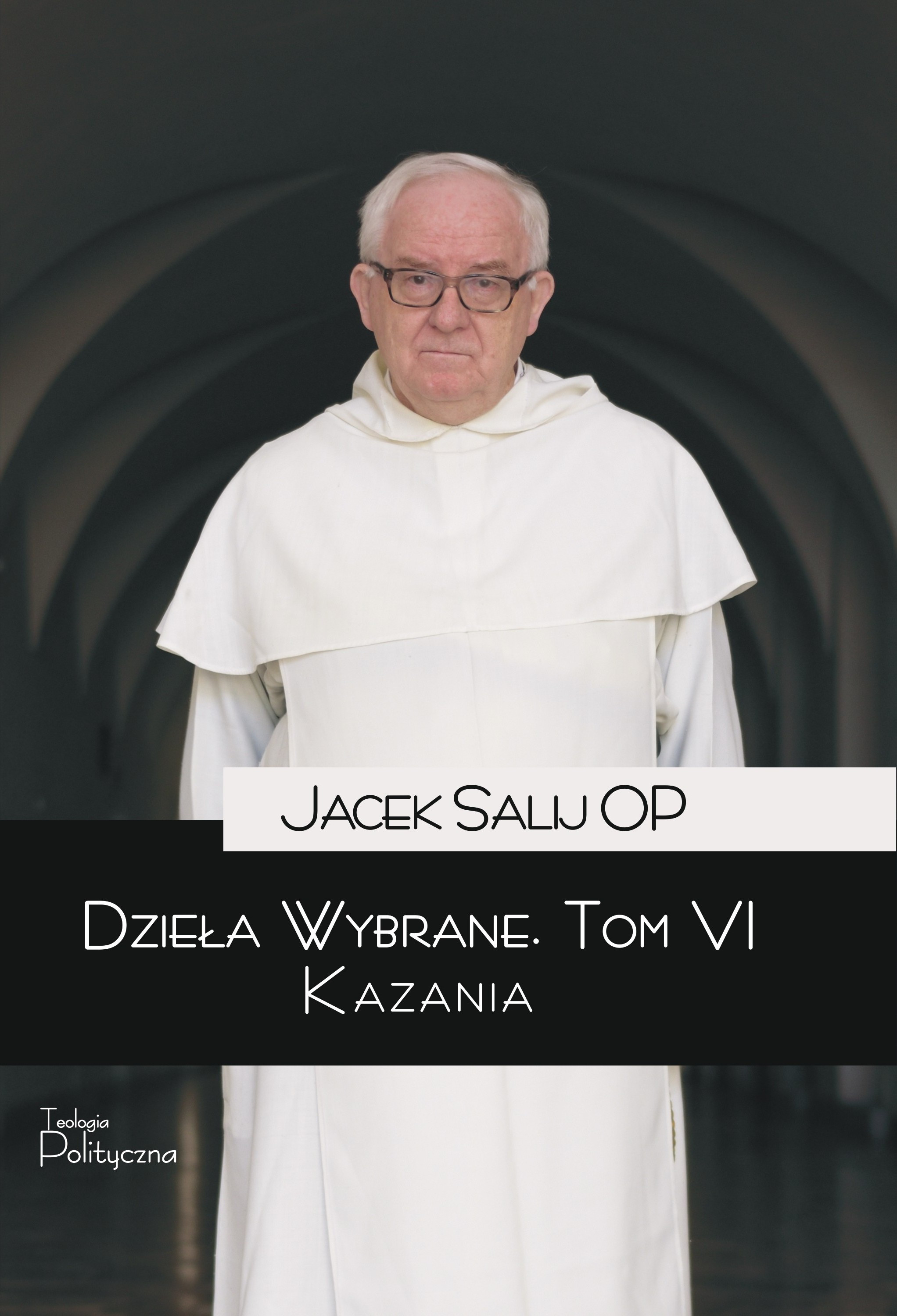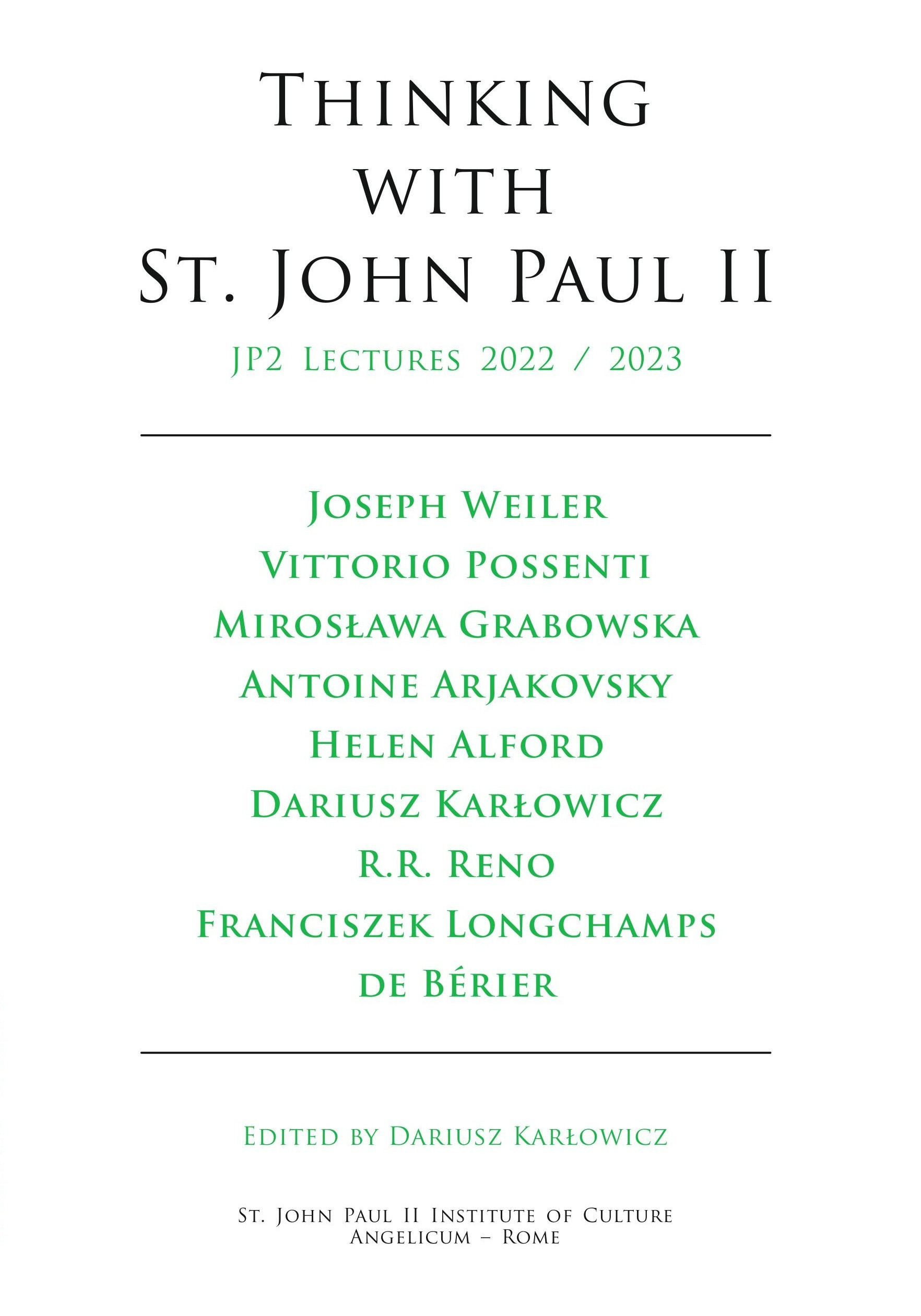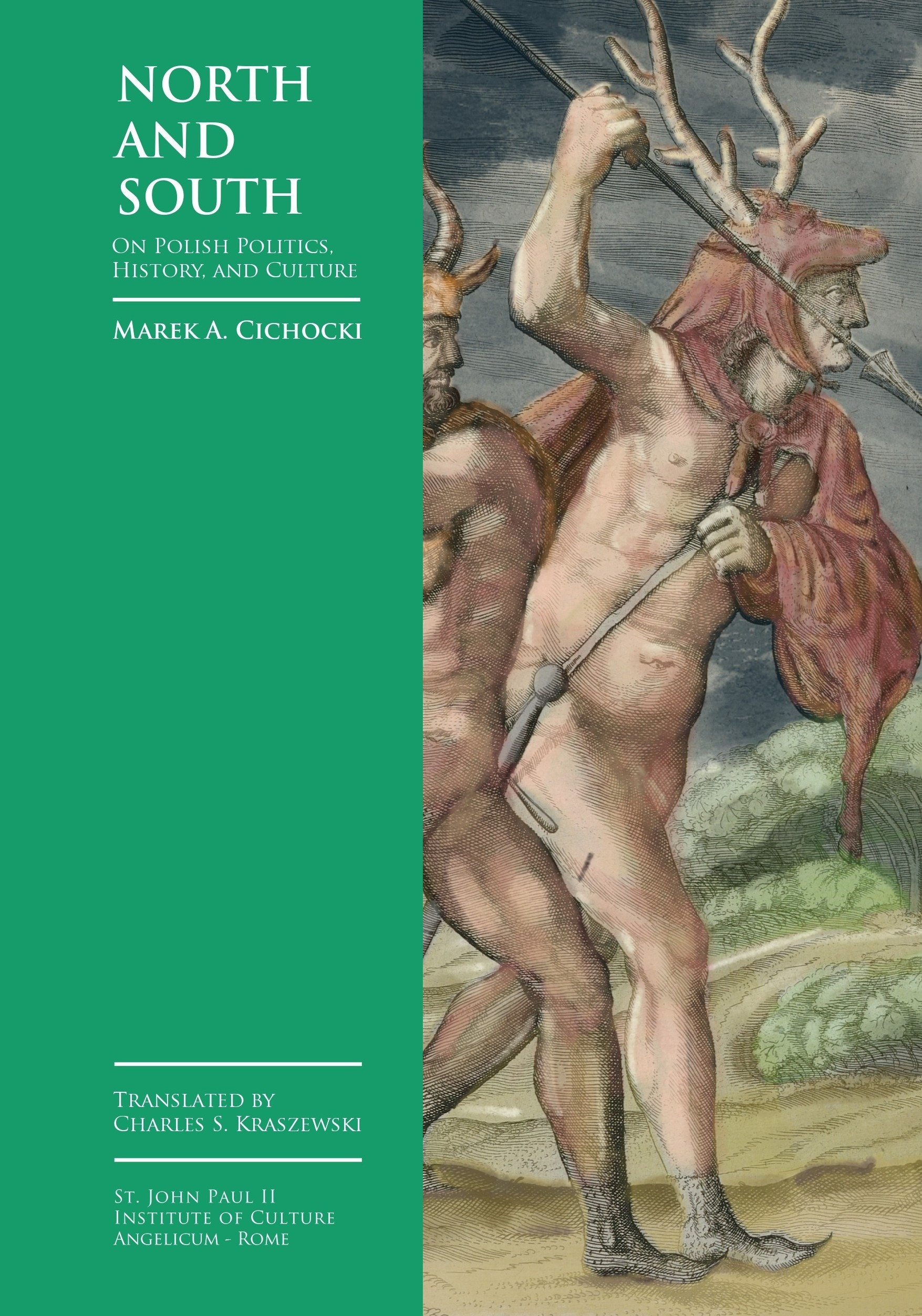The Problem of Political Theology
The Western society is thus often perceived as a product of some huge processes – secularization, or the Entzauberung – and movements commencing on the eve of the modern period.
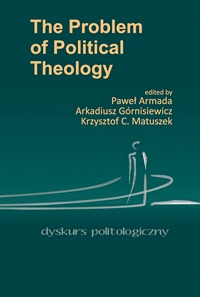
The Western society is thus often perceived as a product of some huge processes – secularization, or the Entzauberung – and movements commencing on the eve of the modern period.
The Problem of Political Theology
red. Paweł Armada, Arkadiusz Górnisiewicz, Krzysztof C. Matuszek
wydawca: Wydawnictwo WAM
ilość stron: 228
Political Theology: Between Denouncing the World
and Making a New One
Paweł Armada
The Western society is thus often perceived as a product of some huge processes – secularization, or the Entzauberung – and movements commencing on the eve of the modern period. It is unfailingly marked by the deepening separation of the Church and the State, religious beliefs and public discourse. It forms the world in which virtually no one, no single sane person at least, wants killing in the name of some “holy empire” to fulfill a divine mission or maintain a divine order. Within such a world people feel relatively safe and satiated with goods provided by science or technology that develop on being freed from a position of service to religion. It occurs, withal, that people easily grow self-complacent and unserious about truth as they are no longer aware of the real character of life outside the world they just built for themselves. From there it is one step to the picture that repels and warns about what in reality happens. When Nietzsche evocatively speaks on the “last men,” he actually depicts the world as deprived of political theology, where no one really cares about the meaning of life, or life as such. And most of those who participate in current debates on political theology refer to Carl Schmitt, whose famous “concept of the political” was set against the “definitely pacified globe,” where people lack any se riousness and just strive for endless joy.
The term “political theology” has recently been used by many scholars on many occasions. It is especially brought into general use against the context of migration, terrorism, Islamic fundamentalism and the “clash of civilizations,” basically for the reason of better understanding of a non-Western political culture on its road to expansion – and the bad situation of Europe. It also relates directly to the origin and the future of the Western liberal democracy, and what was often named “the crisis of the West.” As Mark Lilla says emphatically, We are disturbed and confused. (…) We assumed that this was no longer possible, that human beings had learned to separate religious questions from politicalones, that fanaticism was dead. We were wrong. (…) Political theology is a primordial form of human thought and for millennia has provided a deep well of ideas and symbols for organizing society and inspiring action, for good and ill. This obvious historical fact apparently needs restating today. Intellectual complacency, nursed by implicit faith in the inevitability of secularization, has blinded us to the persistence of political theology and its manifest power to shape human life at any moment.
Ty też możesz wydawać z nami KSIĄŻKI, produkować PODCASTY, organizować wystawy oraz WYDAWAĆ „Teologię Polityczną Co Tydzień”, jedyny tygodnik filozoficzny w Polsce. Twoje darowizny zamienią się w kolejne artykuły takie jak ten, który właśnie czytałeś i pomogą nam kontynuować i rozwijać nasze projekty oraz tworzyć kolejne. Środowisko Teologii Politycznej działa dzięki darowiznom prywatnych mecenasów kultury – tych okazjonalnych oraz regularnych. Dołącz do nich już dziś i WSPIERAJ TEOLOGIĘ POLITYCZNĄ!



